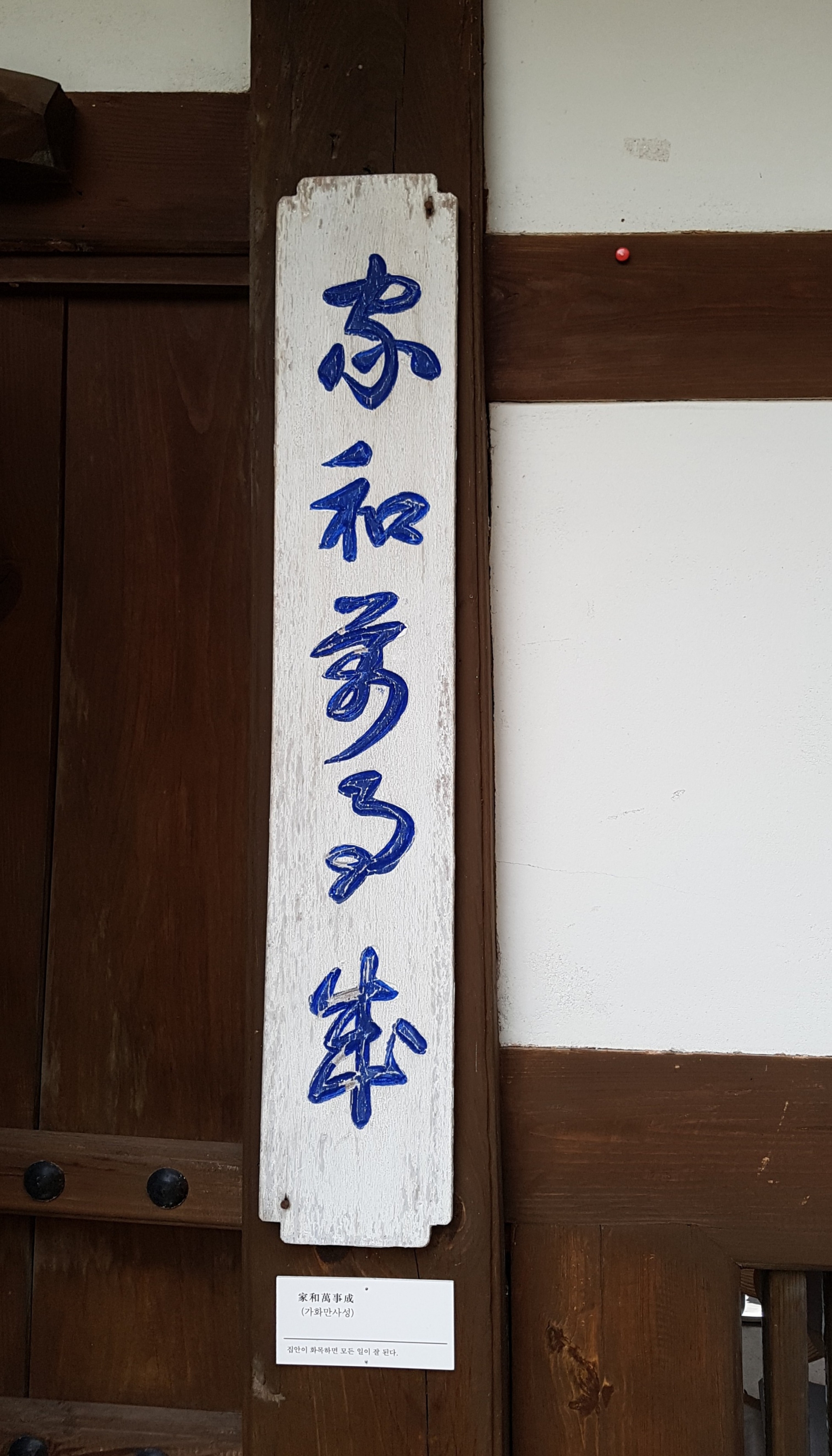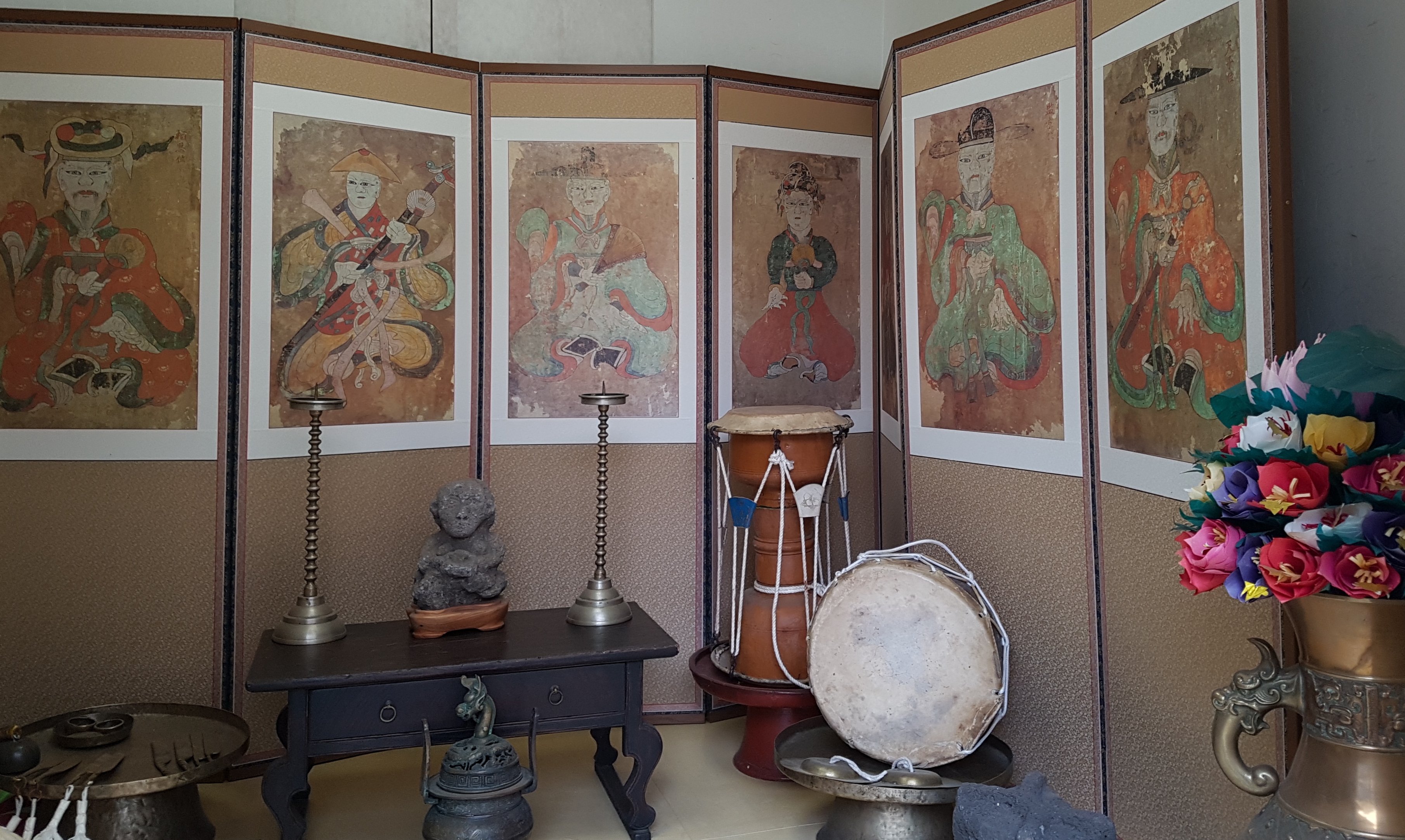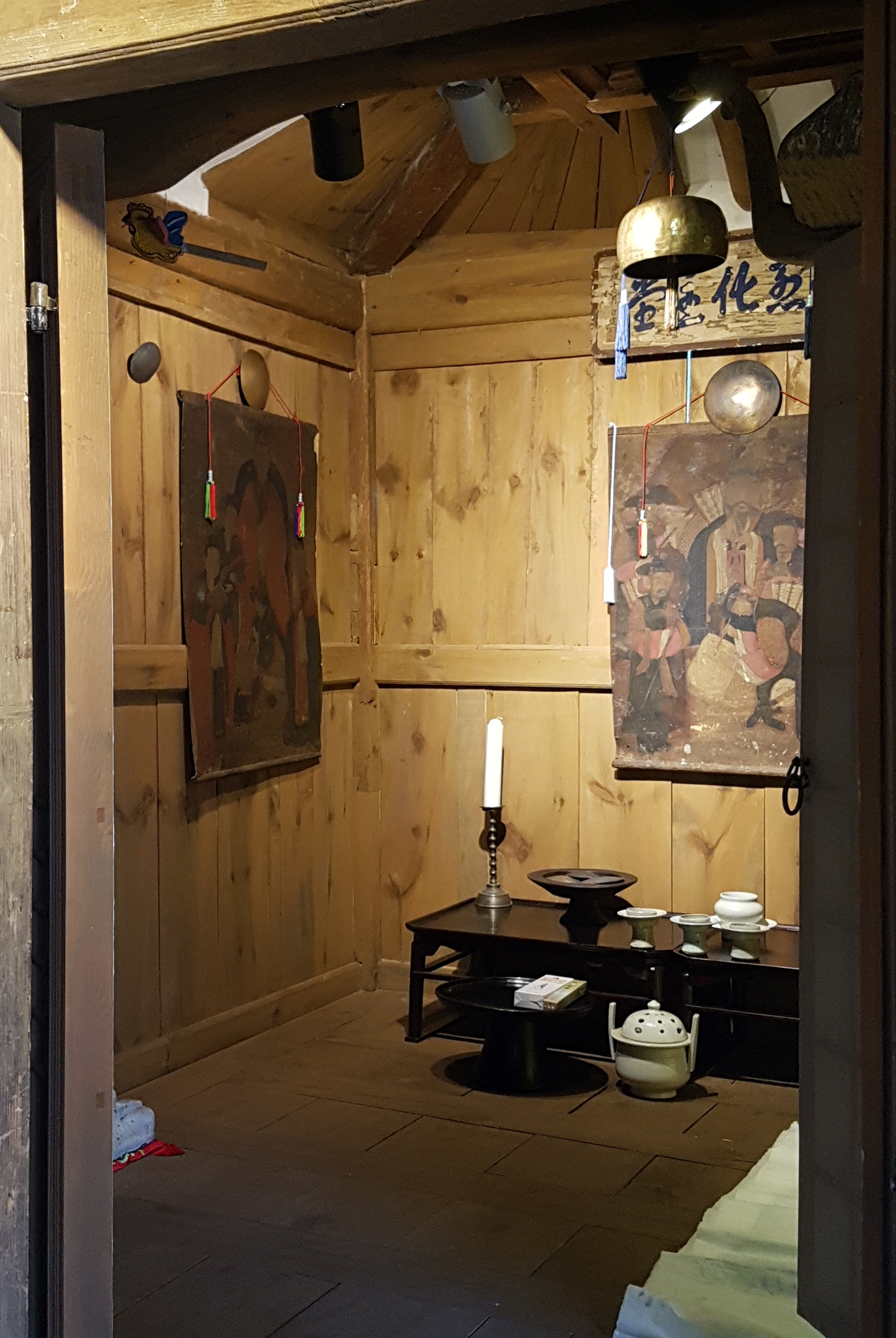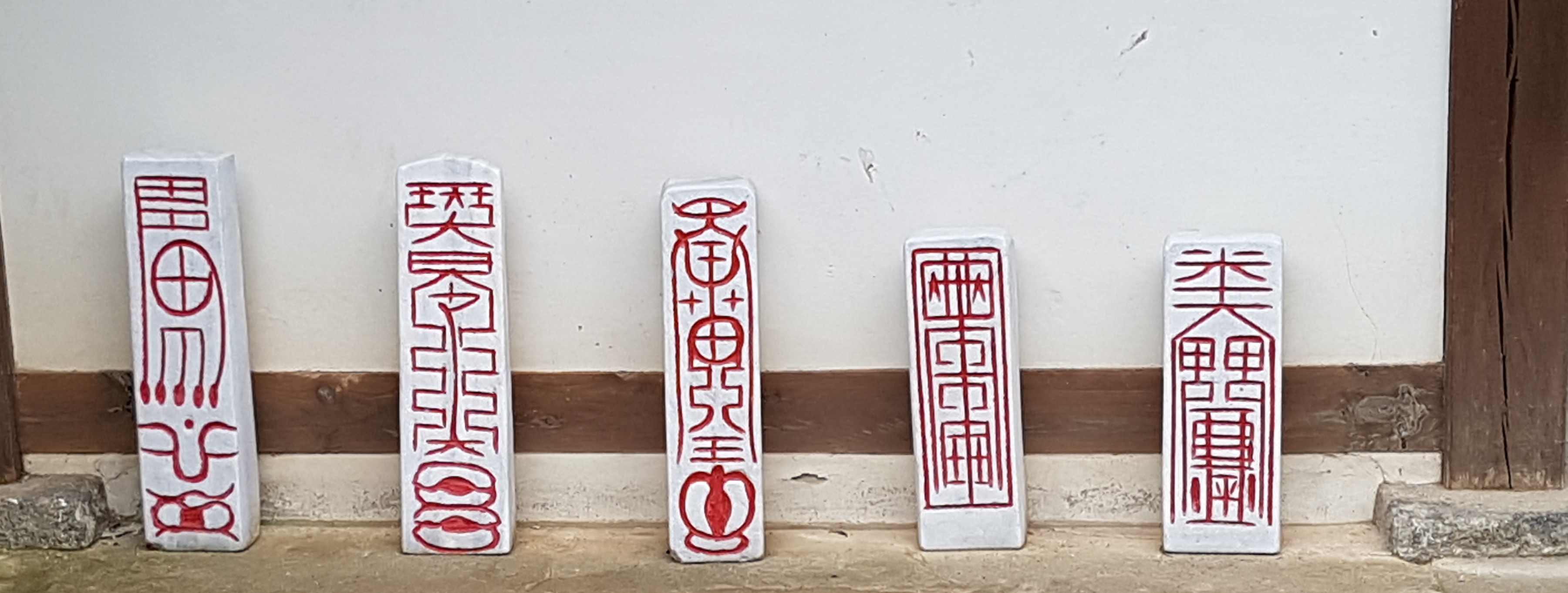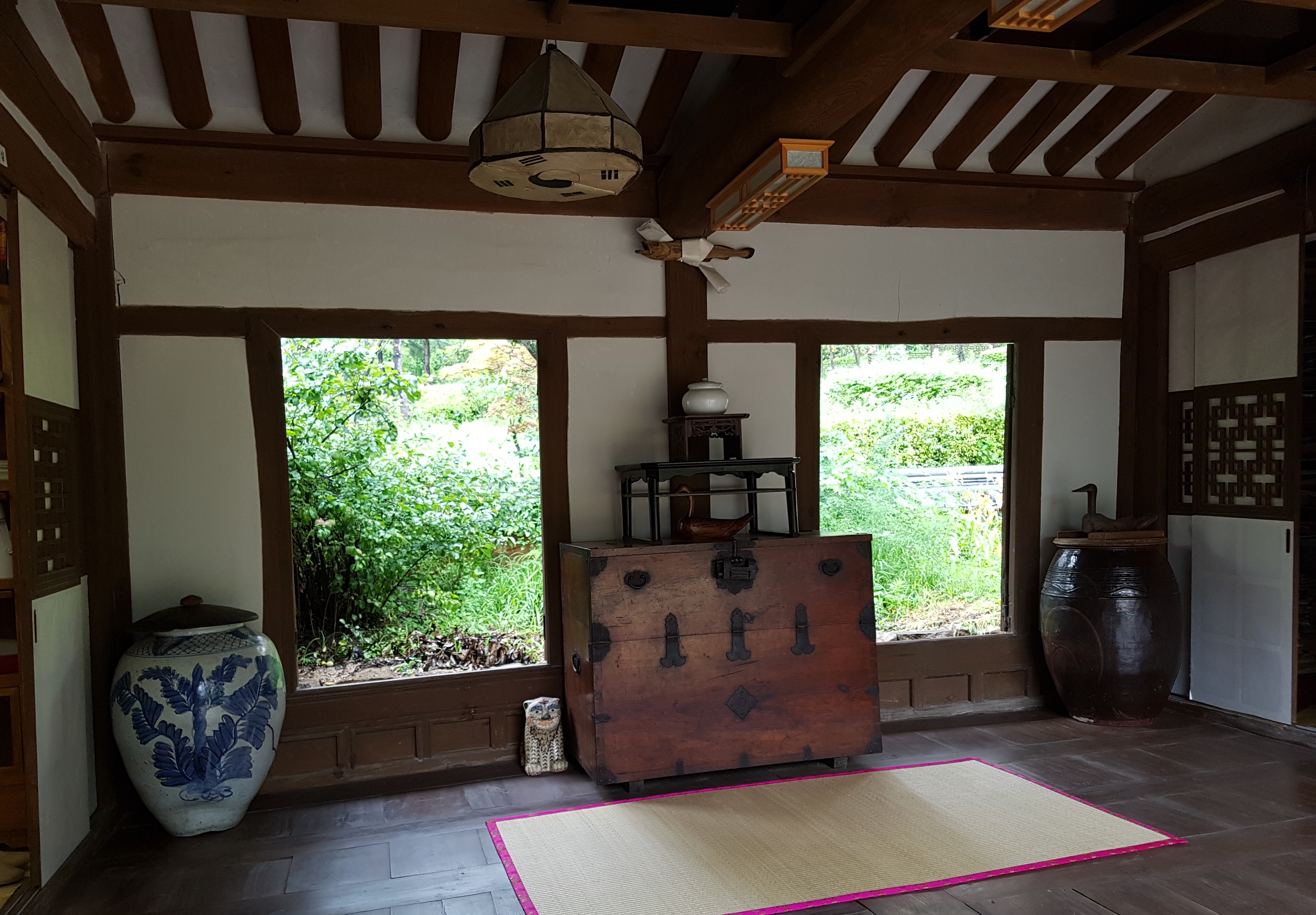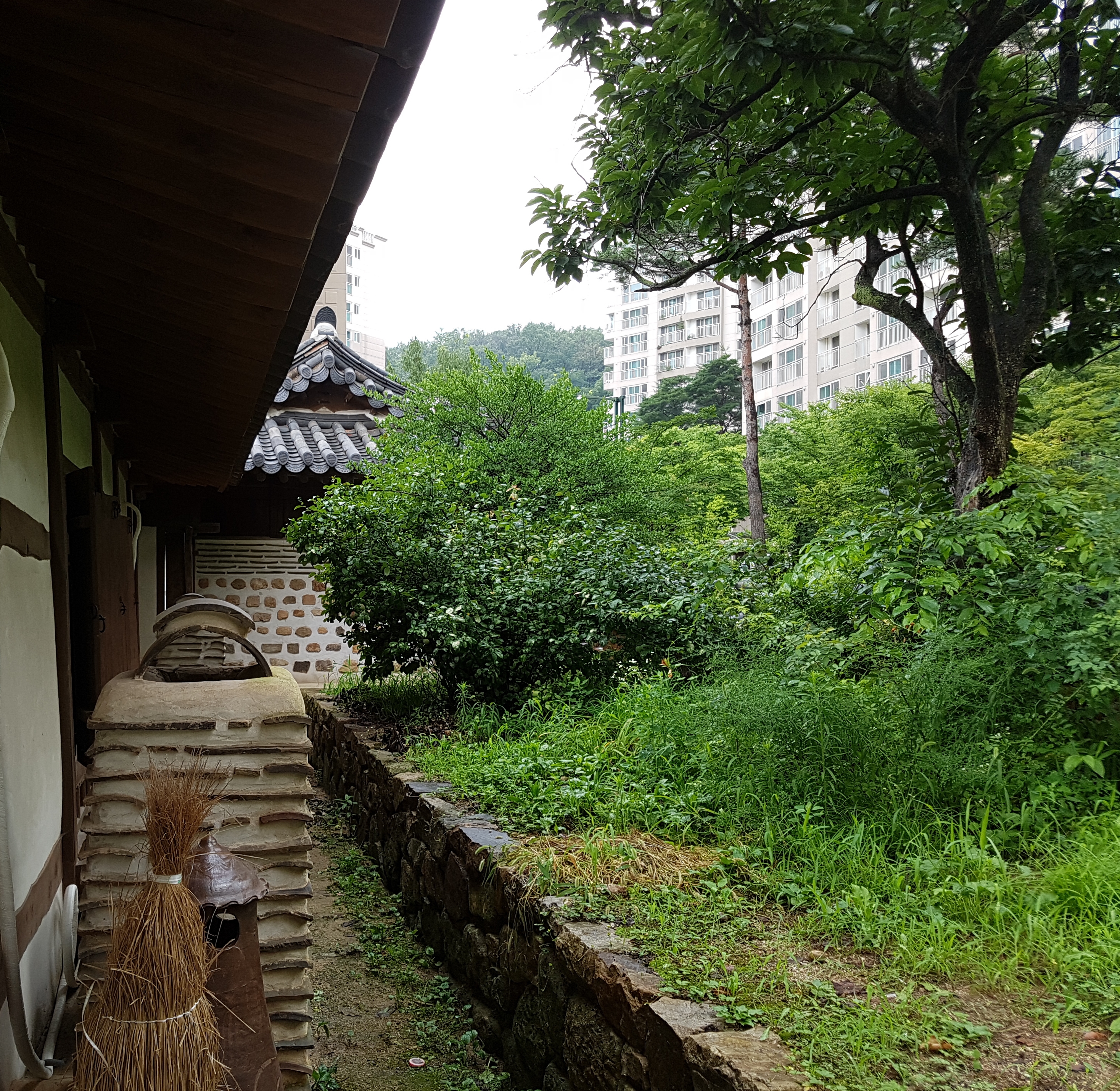Well, I admit I'm feeling more than a little bit grumpy about work, this morning.
Last night, we had one of those typical Korean after-work dinner events: 회식 [hweh-sik]. Not formally obligatory, but socially "highly recommended," as it were.
But here's the thing: I didn't go.
And I would have gone.
But I didn't even know it was happening. That's pretty annoying.
Typically, there are two kinds of hweh-sik. The first kind is the pre-planned, long announced one. Often, there's a message on the staffroom whiteboard at least several days before, which I try to take the time to look at once a day and see if anything new has appeared. Of course it will be written in Korean, but I'll decipher the handwriting, look up any words I don't recognize, and make sure I know what it's about. And hweh-sik is a common enough phenomenon that I recognize these readily, now.
The second kind is more spontaneous, as in, "hey, we're going out after work." Even then, I'm not always told, but if I'm in the staff room or at the front desk, I'll overhear the conversation, in Korean, and catch the drift and butt in and see if I've understood correctly.
Well, last night, I guess the decision was made after 8 pm. I had classes for the last two periods of the day, so I wasn't out of the class room at all – I just went from one class to the other, and reappeared in the staff room after my last class. The decision had been taken. And no one was talking about it. And no one told me.
Sometimes, on these spontaneous kind, I will bow out. I don't like having my daily schedule discombobulated unexpectedly – it's part of my new, more stick-in-the-mud personality that seems to have been implanted with my re-engineered post-cancer tongue. I have been bowing out of these spontaneous ones less, lately, though. I really do see the value of these gatherings, even if they are stressful for me.
They are stressful – more than any other aspect of my job. I'm not particularly good at socializing, anyway. I'm a shy person, and not very good at what you might call "bar banter" which is, of course, the main semantic content of these types of outings. And of course they are 97% in Korean. I'm the only non-Korean speaker, after all. Why socialize in the second language, even if everyone is competent in that second language, when the first language is more comfortable?
So it's like a language immersion experience. And as you know, I have insecurities about that… about my abilities and competence, about my failure to do better, about my presumed identity as a "linguist" – "What, you're a linguist? Why haven't you mastered Korean?" Remember, linguists aren't necessarily polyglots. Those are different things. I study about language, I just don't learn languages – not very well, anyway.
Anyway, summarizing in brief, sometimes I decide not to go. And I might have decided not to go, last night – I wasn't feeling the best, already. I was tired, finishing a heavy schedule yesterday, and in a bit in bad mood because of my struggles with that HS1T cohort that's been giving me so much frustration recently.
But at least I would still prefer to have to option to make this decision. Instead, I was left out, which is altogether a different feeling.
I found out about it because it was announced, in Korean, on the Kakaotalk app [ka-tok] Karma discussion channel on my phone (Kakaotalk is the most popular Korean chat chat platform, a bit like facebook messenger or the old yahoo messenger app). This is a thing I try to watch, too, like the whiteboard in the staff room. I'd even been aware there had been some discussion posted while I was in class. But it was a bunch of dense Korean text, and I didn't even scan it while I was still at work. Instead, once home, changed for bed, eating some dinner, I thought, Oh, I should see what that ka-tok was about. I will do a thing where I drop the text from ka-tok into my email drafts, then I can open the email draft in my browser on my computer and get a google-translate of it, which is a place for starting to sort out what it's about. And there it was – we were having a hweh-sik. Presumably, they were there as I read it.
I don't know how I could have necessarily known about it even if my Korean were perfect – I would have had to have checked the ka-tok app as if it were potentially urgent, which is not how it's typically used, except in contexts where something is already in progress – i.e. where are we meeting? meeting tomorrow moved from 3:00 to 2:30… that kind of thing.
I was pretty pissed off.
[daily log: walking, 7km]



